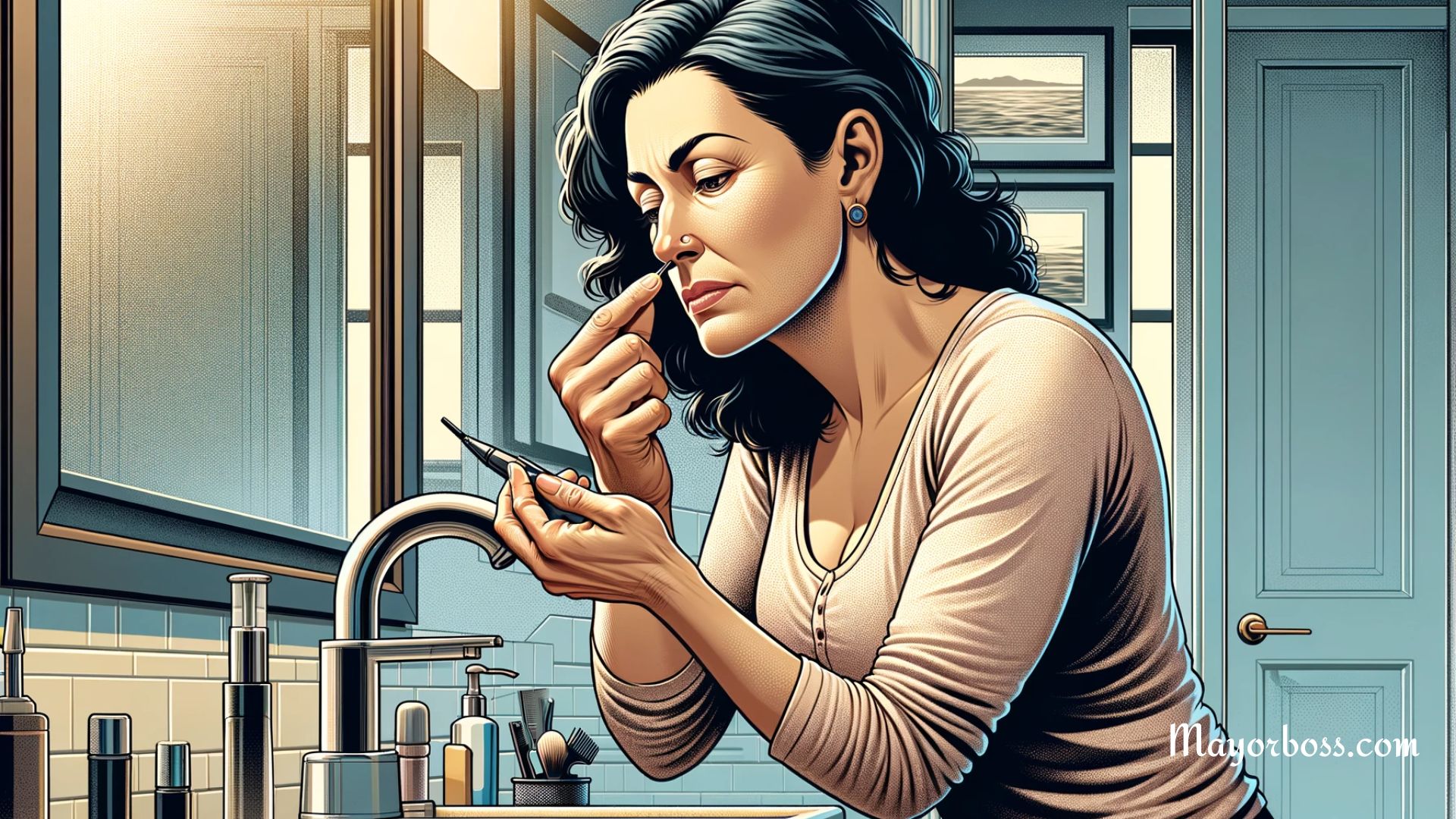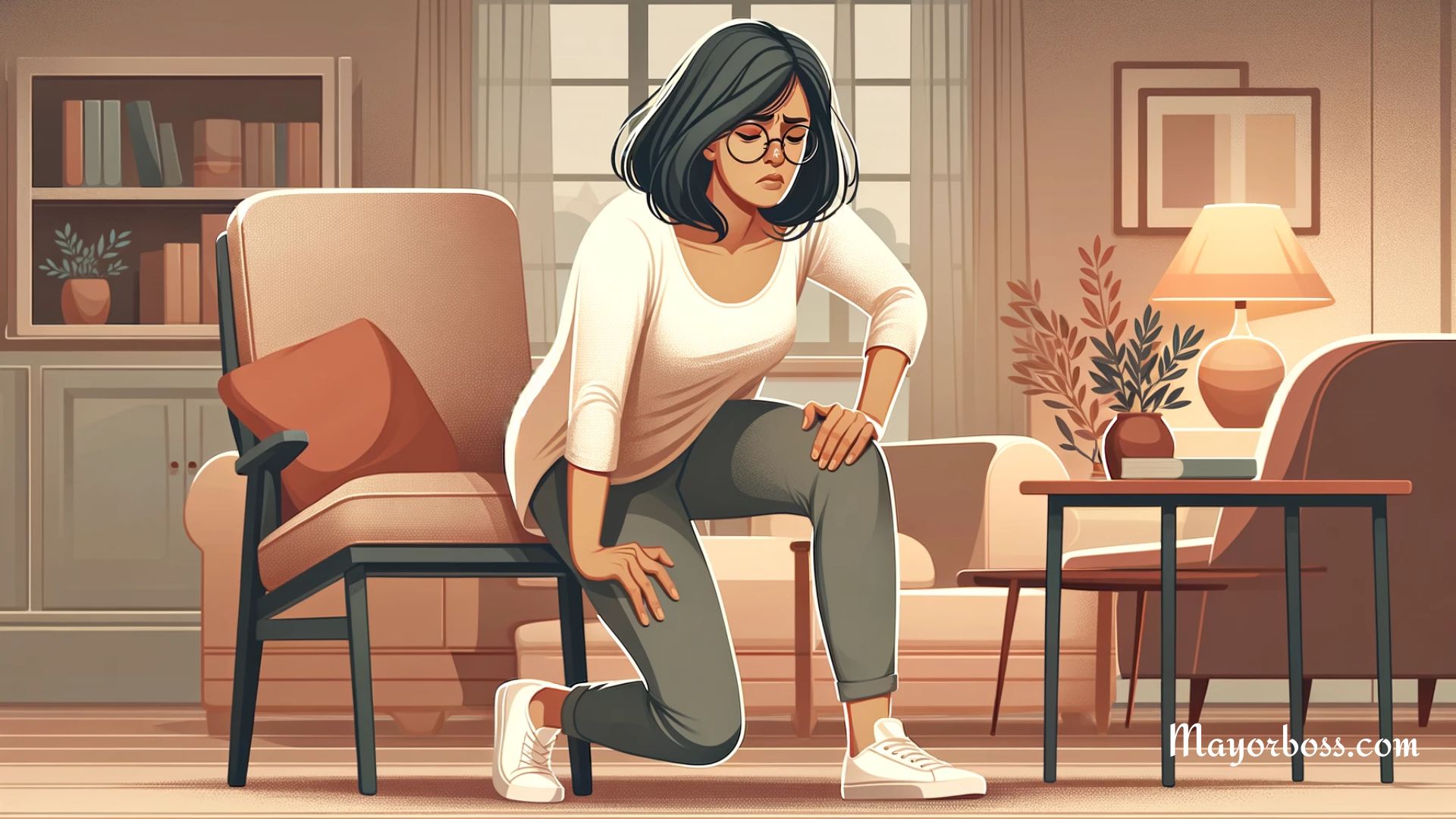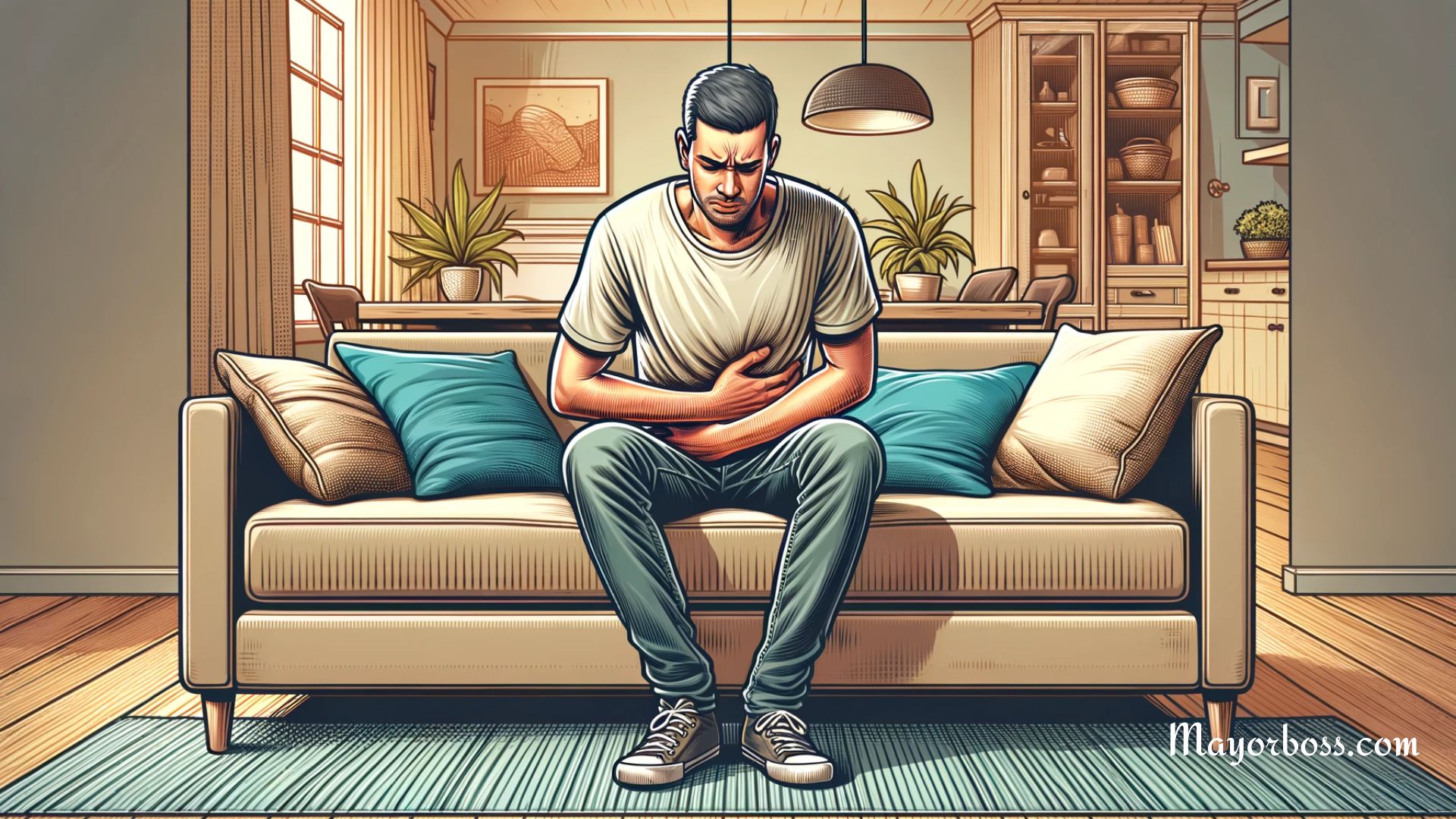Signs of a Bad Heart: Don’t Overlook These Cardiac Symptoms

Heart disease is often called the “silent killer” because many people don’t notice the warning signs until it’s too late. Your heart might be trying to tell you something long before a major issue occurs, so it’s crucial to spot the symptoms of a bad heart early on. By paying attention to these symptoms, you can take action and seek medical help before the problem gets worse. Here’s what you need to know about the warning signs that your heart might be in trouble.
Chest Pain or Discomfort Is a Classic Heart Problem Symptom
One of the most common and well-known signs of a heart problem is chest pain or discomfort. But it’s not always the dramatic, crushing pain you see in the movies. Instead, it might feel like:
- Pressure, squeezing, or fullness in the chest
- Burning or aching sensation in the chest
According to the Cleveland Clinic, this symptom, known as angina, happens when your heart isn’t getting enough oxygen-rich blood. It’s often triggered by physical activity or emotional stress and usually goes away with rest. However, if the pain is sudden, severe, or lasts longer than a few minutes, it could be a heart attack, and you should seek emergency medical attention immediately.
Shortness of Breath Could Signal a Heart Issue
If you find yourself short of breath during normal activities or even at rest, this could be a sign of heart trouble. Shortness of breath happens when your heart can’t pump blood efficiently, which means less oxygen gets to your body. This can make even simple activities like climbing stairs or walking seem exhausting.
Shortness of breath may also be accompanied by wheezing or a feeling of tightness in the chest. If you notice these symptoms, it’s time to check in with your doctor.
If You Notice Swelling in Your Feet, Ankles, or Legs, It Might Be Heart-Related
Swelling, also known as edema, in the feet, ankles, or legs can be an indication that your heart is struggling. When your heart doesn’t pump blood as efficiently as it should, blood can back up in the veins, thereby causing fluid to leak into surrounding tissues.
Swelling can also happen around your abdomen or hands, especially as the day goes on. If you notice this kind of swelling, particularly if it’s accompanied by any other symptoms like shortness of breath or fatigue, make an appointment with your doctor.
Unexplained Fatigue Could Be a Sign of a Heart Problem
Everyone feels tired from time to time, but if you’re constantly feeling exhausted for no clear reason, it could be due to heart disease. When your heart isn’t functioning properly, your body doesn’t get the oxygen and nutrients it needs, leaving you feeling drained.
Fatigue can be especially concerning if it comes on suddenly or gets worse over time. For women, in particular, unexplained fatigue can be an early warning sign of heart disease, so don’t ignore it.
Irregular Heartbeat or Palpitations Are a Cause for Concern
An irregular heartbeat, also known as arrhythmia, can feel like your heart is racing, fluttering, or skipping beats. While occasional palpitations are usually harmless, frequent or severe episodes can be a sign that your heart’s electrical system isn’t working correctly.
Atrial fibrillation (AFib), for instance, is a type of irregular heartbeat that can increase your chance of stroke. If you experience an irregular heartbeat along with dizziness, shortness of breath, or chest pain, contact your doctor as soon as possible.
Lightheadedness or Dizziness Might Be a Sign of Poor Heart Function
Feeling lightheaded or dizzy can happen when your heart isn’t pumping enough blood to your brain. This can lead to fainting or feeling like you might pass out, especially if you stand up too quickly or exert yourself.
If you experience frequent dizziness or lightheadedness, especially when combined with other symptoms like chest pain or shortness of breath, don’t ignore it – it could indicate a serious heart issue.
Persistent Coughing or Wheezing Could Be a Symptom of Heart Failure
A persistent cough or wheezing, especially if it produces white or pink-tinged mucus, could be a sign of heart failure. This happens when fluid builds up in the lungs because the heart can’t pump blood effectively.
If your cough worsens when lying down or is accompanied by shortness of breath, it’s time to see a doctor, as this could be a sign of fluid buildup due to heart failure.
Pain That Spreads to the Arm, Jaw, Neck, or Back Can Signal a Heart Attack
Heart pain doesn’t always stay in the chest. Sometimes, it radiates to other parts of your body, like the left arm, jaw, neck, or back. This pain might feel dull or heavy and could come and go.
If this pain occurs suddenly or in combination with other heart symptoms like shortness of breath or chest pain, seek medical help immediately, as it could be a sign of a heart attack.
Cold Sweats Can Be a Red Flag for Heart Problems
Experiencing cold sweats without any obvious reason could indicate a heart problem. This is your body’s response to stress, especially when your heart is struggling to pump blood effectively.
If you break out in a cold sweat along with other symptoms, such as chest pain, nausea, or dizziness, it’s best to call 911 right away, as this could signal a heart attack.
Nausea or Vomiting Can Also Be Linked to Heart Issues
Believe it or not, nausea, vomiting, or indigestion can be signs of heart trouble, especially in women. This is because your heart and digestive system share nerve pathways, so a heart problem can sometimes feel like a stomach issue.
If you experience sudden nausea or vomiting along with chest pain or shortness of breath, seek emergency medical attention.
The Takeaway
Your heart often gives you warning signs long before a serious problem occurs. Chest pain, shortness of breath, fatigue, swelling, and irregular heartbeats are all common signs that something might be wrong with your heart. If you experience any of these symptoms, especially if they’re new, persistent, or worsening, talk to your doctor immediately.






